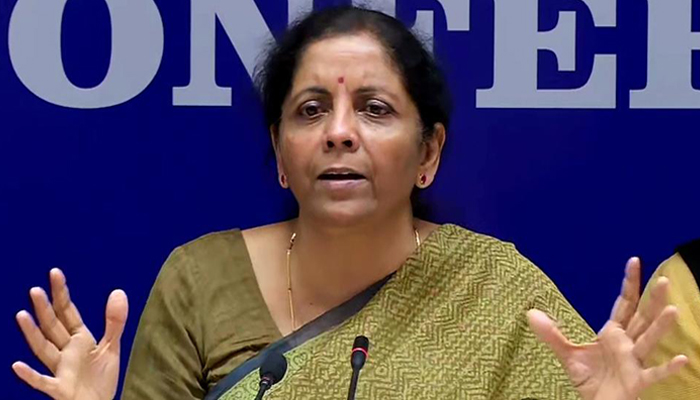Indian Finance Minister Nirmala Sitharaman announced several tax exemptions at the Goods and Services Tax (GST) Council meet recently in New Delhi that include slashing effective corporate tax for domestic companies through an ordinance to 25.17 per cent inclusive of all cess and surcharges. The new tax rate will be applicable from April 1 of this fiscal. In effect, the corporate tax rate will be 22 per cent for domestic companies, if they do not avail any incentive or concession. Companies opting for 22 per cent income tax slab would not have to pay minimum alternative tax (MAT).
New domestic manufacturing companies incorporated after October 1 can pay income tax at a rate of 15 per cent without any incentives, implying the effective tax rate for such companies will be 17.01 per cent inclusive of all surcharge and cess, she said. “Tax concessions will bring investments in Make in India, boost employment and economic activity, leading to more revenue,” Sitharaman said in Goa.
The annual revenue foregone on reduction in corporate tax and other relief measures will be `1.45 lakh cr, she said. Companies can opt for lower tax rate after the expiry of tax holidays and concessions that they are availing now. The government also decided to not impose enhanced surcharge introduced in the last budget on capital gains arising from the sale of equity shares in a company liable for securities transaction tax (STT). The super-rich tax will not apply on capital gains arising from the sale of any security including derivatives in hands of foreign portfolio investors (FPIs).
Listed companies that have announced a buyback of shares prior to July 5 will not be charged the super-rich tax, she said. The companies are also now permitted to use their 2 per cent corporate social responsibility (CSR) budget on incubation and national laboratories and institutes. “We are conscious of effect tax rebate will have on the fiscal deficit; we will reconcile numbers,” Sitharaman added.









